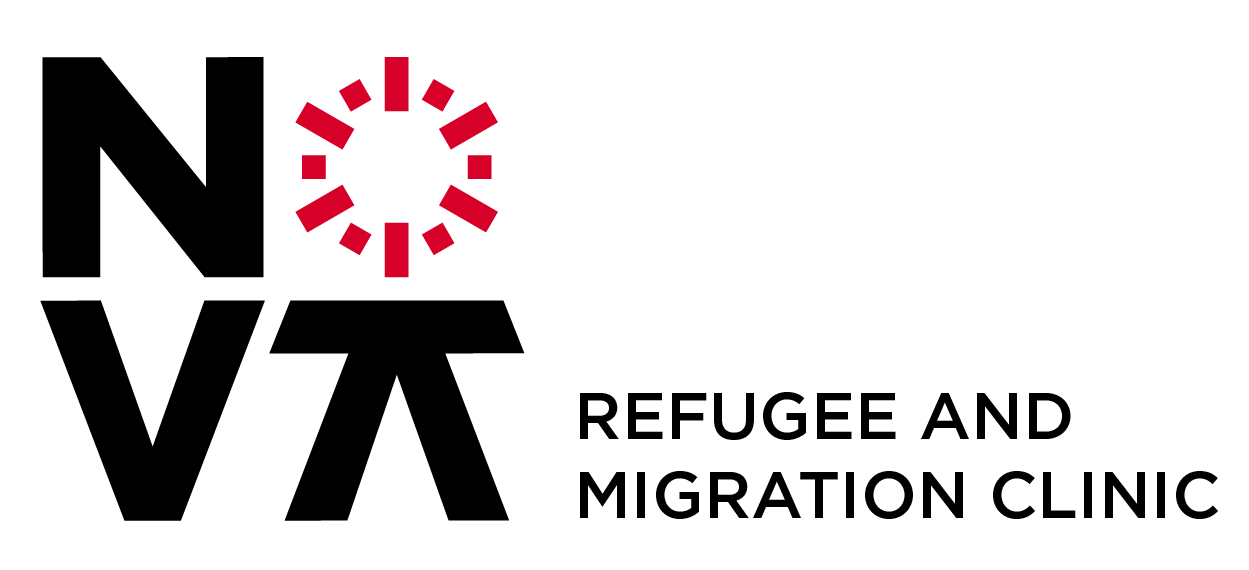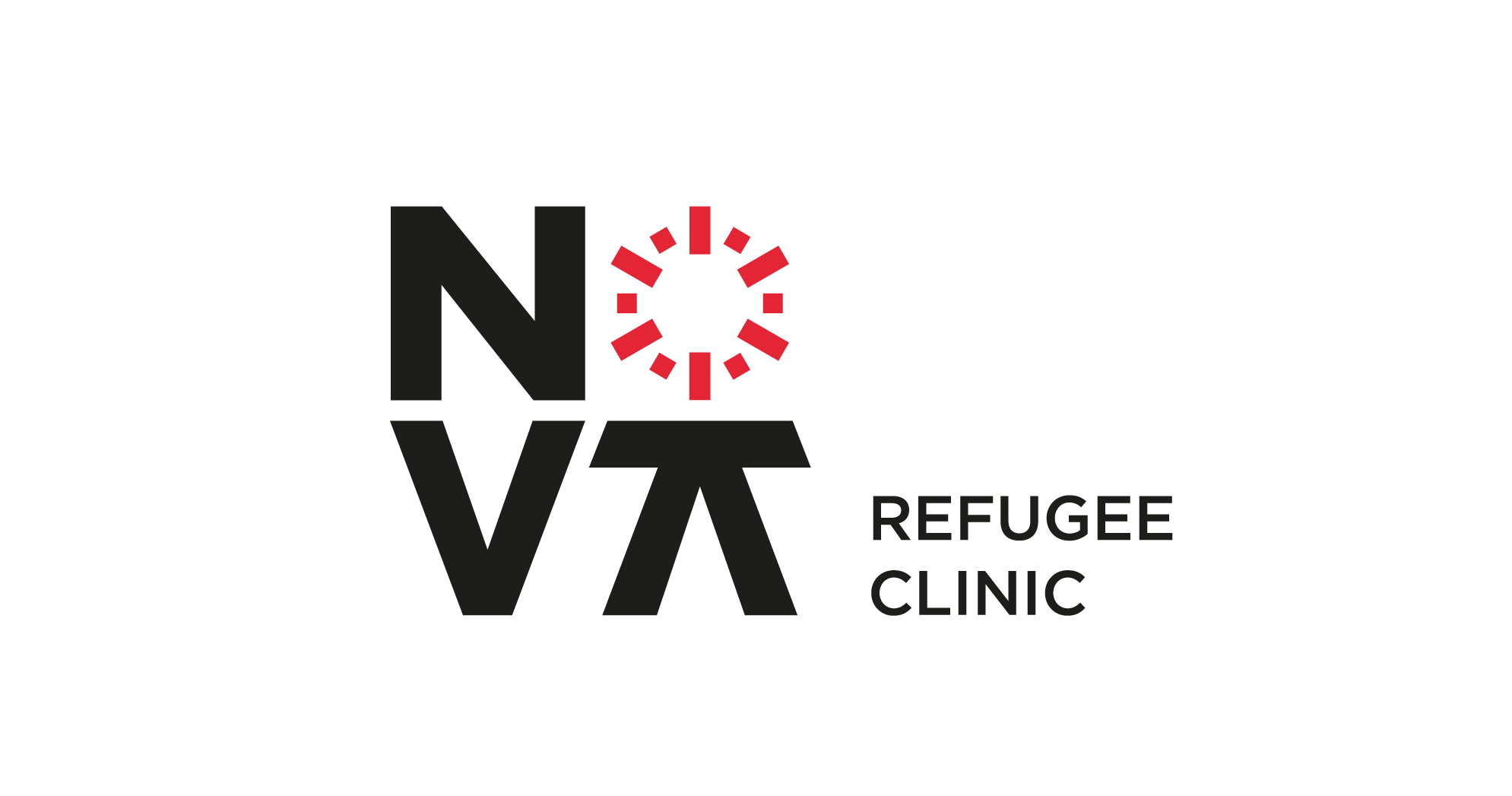As societies evolve, so do the means by which daily activities are carried out. When it comes to immigration diligence, technology is the one thing that has been constantly taking over many of these processes, in the hopes of facilitating the data management of great flows of people, which then ends up being less time-consuming as well as safer than human-relied verdicts, some might argue. As a pro-technology mindset keeps on blooming, concerns rise with regard to the extent to which artificial intelligence (AI) can be explored when it comes to sensitive data analyses, such as asylum applications for refugees and other migration assistance. One of the main features of AI beginning to be implemented nowadays is facial recognition. This article aims to disclose its advantages, risks and current uses when it comes to immigration practices.
This blogpost aims to analyse the importance of solidarity in European Union Law through the lens of migration policy. It highlights the different approaches to migration ‘crises’ from 2015 to the most recent Ukrainian refugee outflow, questioning the interpretation of this principle and pointing out the flaws in its use. In this analysis, it questions civil society’s role in responding to migration ‘crises’, and how it impacts the choices of European Union Member States regarding their own solidarity obligations.
As fronteiras externas da União Europeia já não são mais apenas as fronteiras geográficas que conhecemos. Elas se transformaram em fronteiras digitais e estão em constante aprimoramento para controlar o fluxo migratório para que pessoas não desejadas não alcancem ou não permaneçam no território físico do Espaço Schengen.
Tendo por pano de fundo a situação interna nos estabelecimentos prisionais em Portugal (EP), procede-se à análise de dois acórdãos recentes do Tribunal Europeu dos Direitos Humanos (TEDH), que apreciam, à luz do artigo 3.º, Convenção Europeia dos Direitos Humanos (CEDH), as queixas apresentadas por dois reclusos estrangeiros – ambos de nacionalidade romena – contra o Estado português.
This blogpost puts forward some reflections on Polish migration policies. More specifically, it addresses the sharp contrast between Poland’s treatment of people fleeing the Russo-Ukrainian war and its approach to previous migration ‘crises’. The blogpost outlines the main contradictions and their relationship with EU policies, while emphasizing the role played by civil society actors, either as critical voices of immigration policies or as instruments of migration governance.
Uma análise crítica acerca da sobre-representação de reclusos estrangeiros nos presídios portugueses
Jean Cajaty[1] Resumo: Em 2020, o número de reclusos estrangeiros, nas prisões portuguesas, era de 1764, perfazendo 15,5% do total de reclusos no sistema prisional português[2]. Por outro lado, no mesmo período, o número de imigrantes residentes no país era de 5,4%[3]. Desta forma, torna-se evidente a existência de uma sobre- representação de estrangeiros nos presídios portugueses. Assim, o presente
Margarida Morgado[1] Resumo: Através do presente blogpost pretende-se tecer algumas breves considerações relativas ao deslocamento interno, designadamente perceber o que se entende por deslocados internos, bem como perceber qual a proteção jurídica internacional atribuída a pessoas que se encontrem nesta situação. Palavras-chave: Deslocamento interno, Princípios Orientadores relativos aos Deslocados Internos. Introdução Os recentes ataques militares à Ucrânia têm posto em
No mês em que se celebra o Dia Internacional da Mulher, este artigo pretende refletir sobre a necessária promoção e efetivação dos direitos sexuais e reprodutivos previstos na ordem jurídica nacional e internacional através de uma perspetiva interseccional. Só dessa forma se conseguirá assegurar proteção a meninas e mulheres que, em contextos vulneráveis de migração forçada, encontram-se ainda mais expostas a violência sexual e de género.
Pretende-se proceder a uma breve análise do “New Plan for Migration” constante da Nationality and Borders Bill, Bill 141, 2021-22, documento que consubstancia uma proposta de reforma da atual lei de nacionalidade e migração britânica e está ainda em discussão na Câmara dos Lordes . Tratando-se de um projeto de lei extenso, focar-nos-emos apenas na aplicação do princípio do primeiro país seguro, mais concretamente a respeito da sua compatibilidade com a Convenção Relativa ao Estatuto dos Refugiados de 1951 e o direito internacional em geral.
This blogpost outlines the research agenda of the ‘Migration and Civil Society’ line of investigation, which aims to explore the relationship between EU law and pro-migrant civil society actors. Without being exhaustive, it foregrounds four ways in which this relationship can be approached. The first possibility is to analyse EU law’s understanding of civil society actors’ participation in EU institutional life. The second is to examine EU law’s approach to these actors’ pro-migrant acts of assistance. The last two possibilities require a shift from institutional to civil society perspectives, by examining their critiques of EU law and their strategies of EU legal mobilisation.











